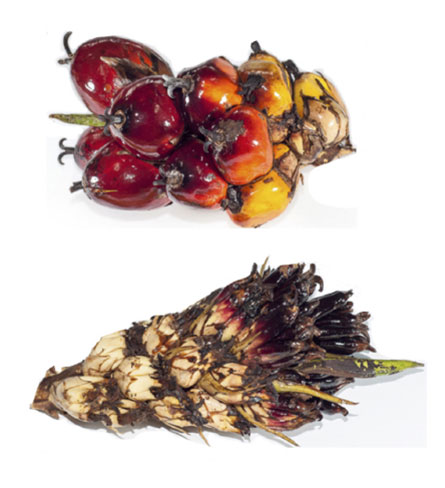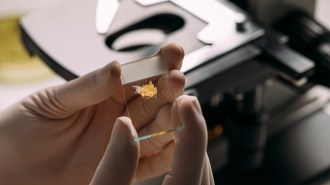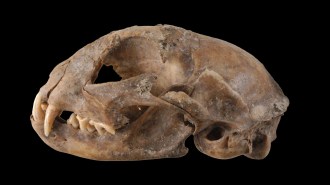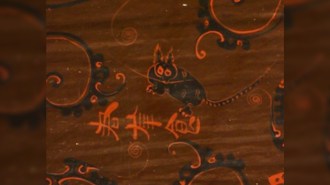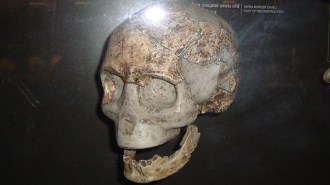Bad Karma can ruin palm oil crops
Cloned trees that lack DNA methylation produce poor fruit
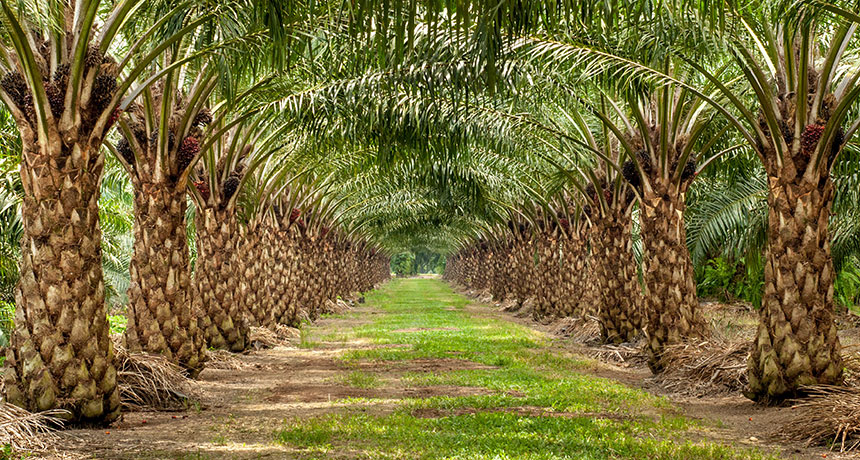
PALM PRESSER Otherwise identical cloned oil palms (a plantation shown) can develop a flaw that ruins crops. Scientists have discovered the source of the flaw.
Meilina Ong-Abdullah/MPOB
